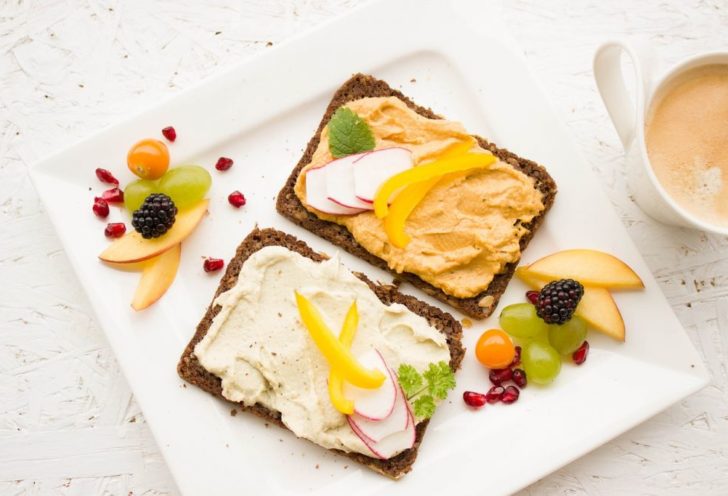Keto Diet Vegan: Combining the Benefits of Ketogenic and Plant-Based Eating

Introduction
The popularity of the ketogenic diet has skyrocketed in recent years due to its potential health benefits, such as weight loss and improved cognitive function. Similarly, the vegan lifestyle has gained traction for its ethical and environmental considerations. But can these two seemingly contradictory approaches be combined? This article provides a comprehensive overview of the keto diet vegan, delving into its definition, different types, popularity, measurements, variations, and historical pros and cons.
1. Understanding the Keto Diet Vegan

The keto diet vegan, also known as the vegan ketogenic diet, combines the principles of a ketogenic diet with a strictly plant-based eating pattern. The main aim is to achieve nutritional ketosis, a metabolic state where the body uses fat as its primary source of energy instead of carbohydrates. This diet encourages high fat consumption, moderate protein intake, and limited carbohydrate intake, all while adhering to a vegan lifestyle.
2. Types of Keto Diet Vegan
a. Traditional Vegan Keto: This approach focuses on consuming natural, whole plant-based foods while following the macronutrient ratios (high fat, moderate protein, low carbohydrates) required for ketosis.
b. Raw Vegan Keto: This variation retains the vegan principles but emphasizes consuming predominantly raw, unprocessed plant-based foods.
c. Whole Foods Vegan Keto: This type of keto diet vegan emphasizes consuming minimally processed whole foods, avoiding artificial additives and preservatives often found in vegan processed foods.
d. High-Protein Keto Vegan: This variation increases protein intake and emphasizes plant-based protein sources such as tofu, tempeh, seitan, and legumes.
3. Quantitative Measurements of Keto Diet Vegan
To achieve and maintain ketosis, specific quantitative measurements are crucial. The macronutrient ratios typically recommended for the keto diet vegan are approximately 70-75% of calories from fat, 20-25% from protein, and 5-10% from carbohydrates. Monitoring carbohydrate intake to stay within this range is essential to ensure the body enters and remains in ketosis.
4. Variations within the Keto Diet Vegan
Despite sharing the same overarching principles, various keto diet vegan approaches differ in terms of food choices, meal planning, and individual preferences. For example, some individuals might prefer consuming more nuts and seeds for fat intake, while others may focus on avocados, coconut oil, or olives. The variety of plant-based protein sources is also vast, giving people the flexibility to tailor their diet based on personal preferences.
5. Historical Examination of Pros and Cons
The history of the keto diet vegan reveals both advantages and disadvantages. On the positive side, combining the principles of plant-based eating with nutritional ketosis may provide benefits such as improved weight management, enhanced insulin sensitivity, and increased mental clarity. However, there are also potential drawbacks to consider, such as difficulties in meeting all nutrient needs solely from plant-based sources, the need for proper meal planning, and potential challenges in finding vegan keto-friendly options when dining out.
Conclusion
The keto diet vegan represents an innovative way to marry the principles of ketogenic and vegan diets, allowing individuals to reap the potential benefits of both lifestyles. This comprehensive overview has covered the definition, types, measurements, variations, and historical pros and cons of the keto diet vegan. Whether one chooses to follow the traditional vegan keto or explore the raw or whole foods vegan keto variations, adopting this dietary approach requires careful attention to macronutrient ratios, meal planning, and individual needs. As with any diet, it is important to consult with a healthcare professional or registered dietitian before making significant dietary changes.





















